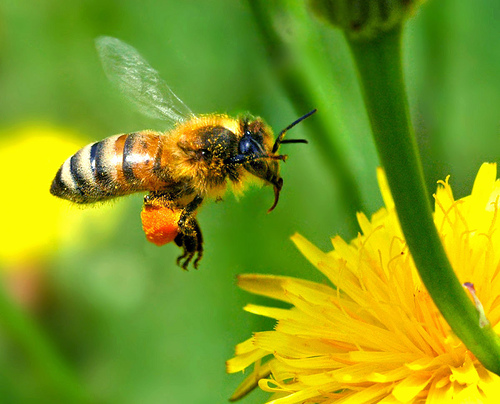Sometimes it’s easy to get scared
Hallowe’en has always been a favourite of mine, because it is that special time of year when people are actually expected to scare the daylights out of each other. The first time I can remember being truly terrified was back when I was still in diapers, and afraid of the barking, growling dog next door. It was a Doberman guard dog, and its breath smelled like half-digested children. Or so I thought, because I never got close enough to that snarling, unholy menace to be sure. At least I had no trouble filling my diapers when the beast was around, and I sleep well at night now knowing that I outlived that four-legged freak. As I got older, Mrs. Webster was the scariest monster in town. A hollow-eyed hag with wrinkled skin and a wispy beard, she was well known as the crazy lady who took in all the township’s stray cats. One year, we stumbled upon her house on Hallowe’en, and she loaded us up with so much candy we were sure she was fattening us up to feed to her 300 or so pets. She was actually a nice old lady, but we never realized it at the time. It was just too hard to see the kind and generous person behind that beard. I remember being too scared to sleep after watching an episode of The Incredible Hulk for the first time. After the show became a hit, they basically turned the Hulk into a big green baby; but the opening credits, where he goes berserk and tosses his own car into the ditch, were plenty scary. The scariest movie I ever saw was The Exorcist, the one where a seemingly innocent young girl is possessed by the devil and totally freaks out everyone around her; including a freckle-faced kid who should have been in bed, but wasn’t, because his babysitter was too busy talking to her boyfriend on the phone. Thirty-five years later, that film still stands up as one of the scariest ever made, and is my top pick for anyone who says they never get scared at the movies. In high school, getting chased by the cops (for a crime I didn’t commit, of course) was always a scare, but real terror was getting escorted out of town by the police because the locals were upset you had eliminated their team from the playoffs. It is hard to remember exactly which town that was, but most of the people in it were chewing tobacco, throwing bottles and dating their cousins, if that helps. You might think that scary situations would ease up a bit in a person’s adult years, but there is always something lurking around the corner to put the fear in a man. Losing control of your car on a slippery road, standing in front of a crowd to sing Have You Seen the Muffin Man, swimming in a pond infested with leeches, sitting in an airplane as it bounces through turbulence, watching a funnel cloud appear above your house, spotting grandma’s ghost in her old rocking chair, or watching as your son strolls home with a girl from a town where everyone chews tobacco and throws bottles, can all be pretty scary. The last time I was really and truly scared was on a date when a woman held my hand in hers, looked deep into my eyes, and said all she really wanted in life was to settle down and get married—and no Doberman, Hulk, Exorcist or funnel cloud can prepare you for a fright like that.























